One of the big reasons we are in CRISIS MODE all the time for Mental Health is that the FOUNDATIONAL UNDERSTANDINGS are NOT SUFFICIENT. That is starting to change --- BUT so many people are being missed because they don't fit into DSM CATEGORIES that are NOT TRUE FUNDAMENTAL CATEGORIES that track the UNDERLYING BIOLOGY. BEING PRO SOCIALLY COMPETENT for the SOCIETY is GOOD --- BUT it is not really a SUBSTITUTE FOR UNDERSTANDING those underlying BIOMARKERS.
Rotman School of Management --- University of Toronto
Solving "WICKED PROBLEMS" with INTEGRATIVE THINKING
If we can lower that Stress, that perceived EMPATHY is probably going to go way up.
|
Translational Medicine FridayWe're riffing off NPR's Science Friday to create Translational Medicine Friday. Archives
July 2025
Categories |





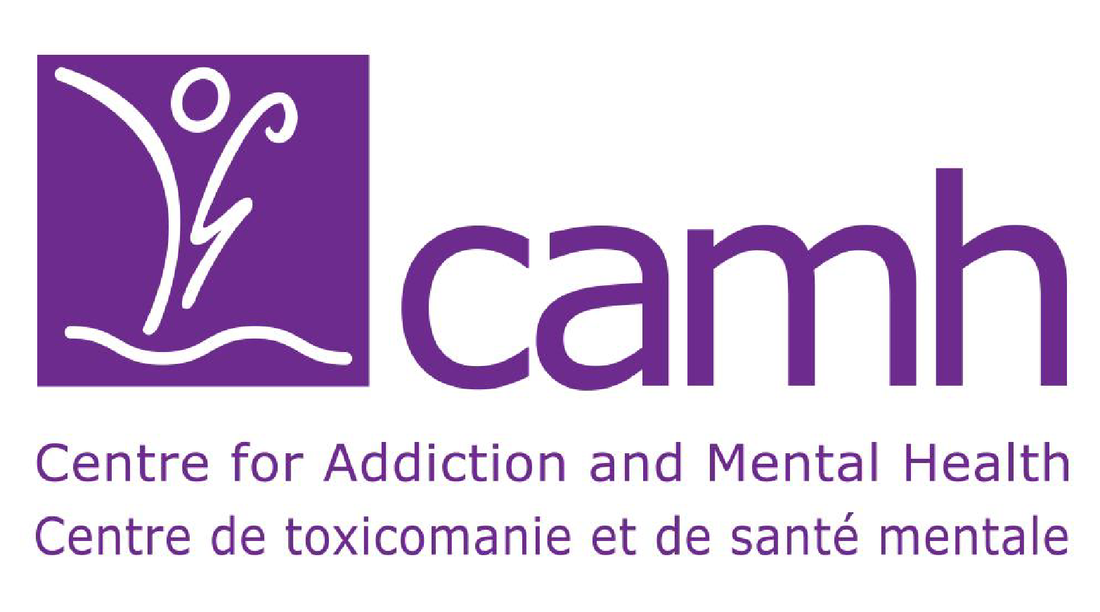

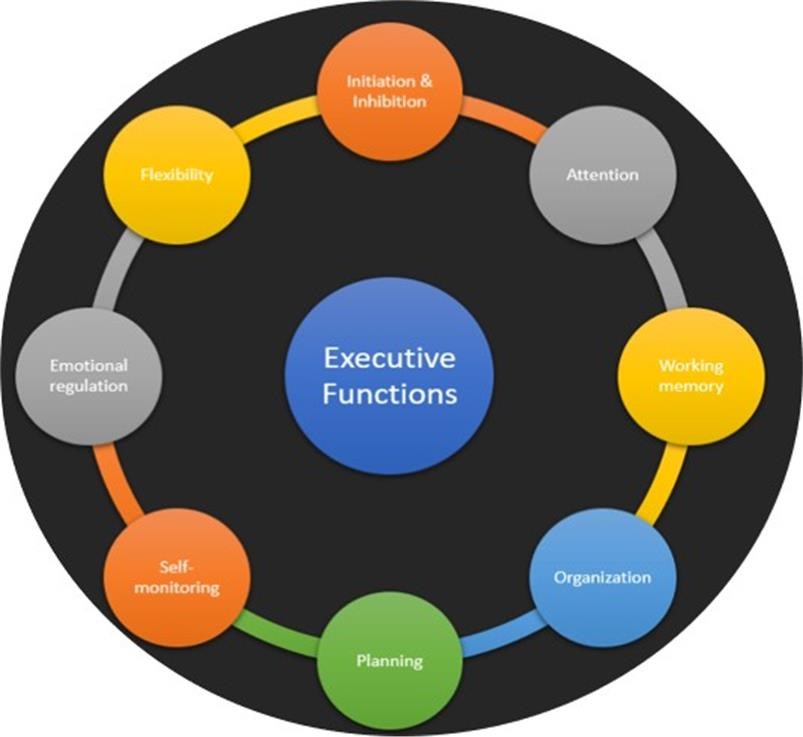

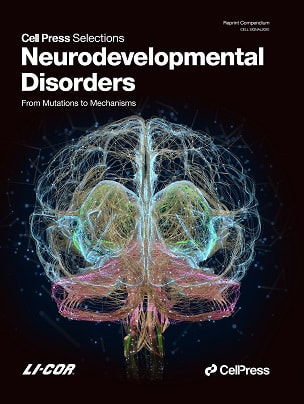

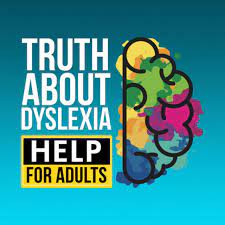
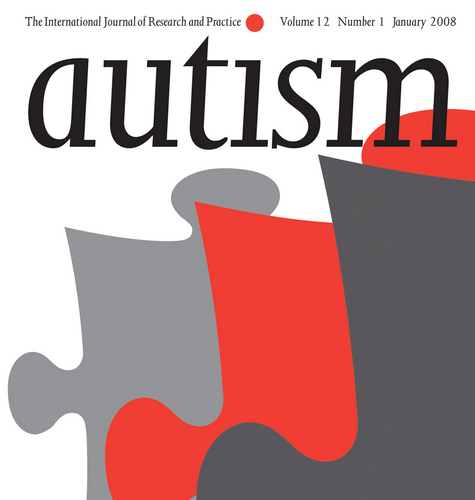













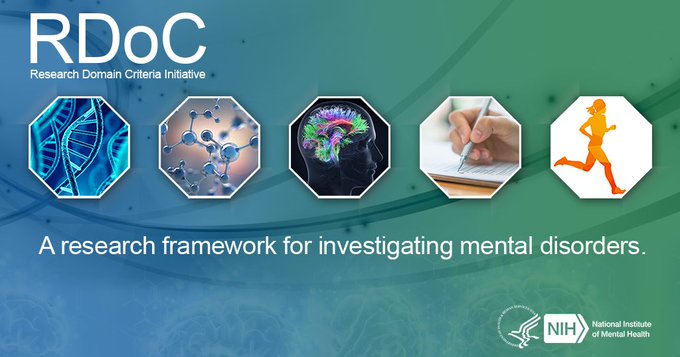




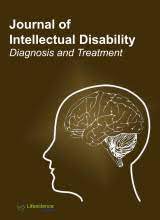






 RSS Feed
RSS Feed